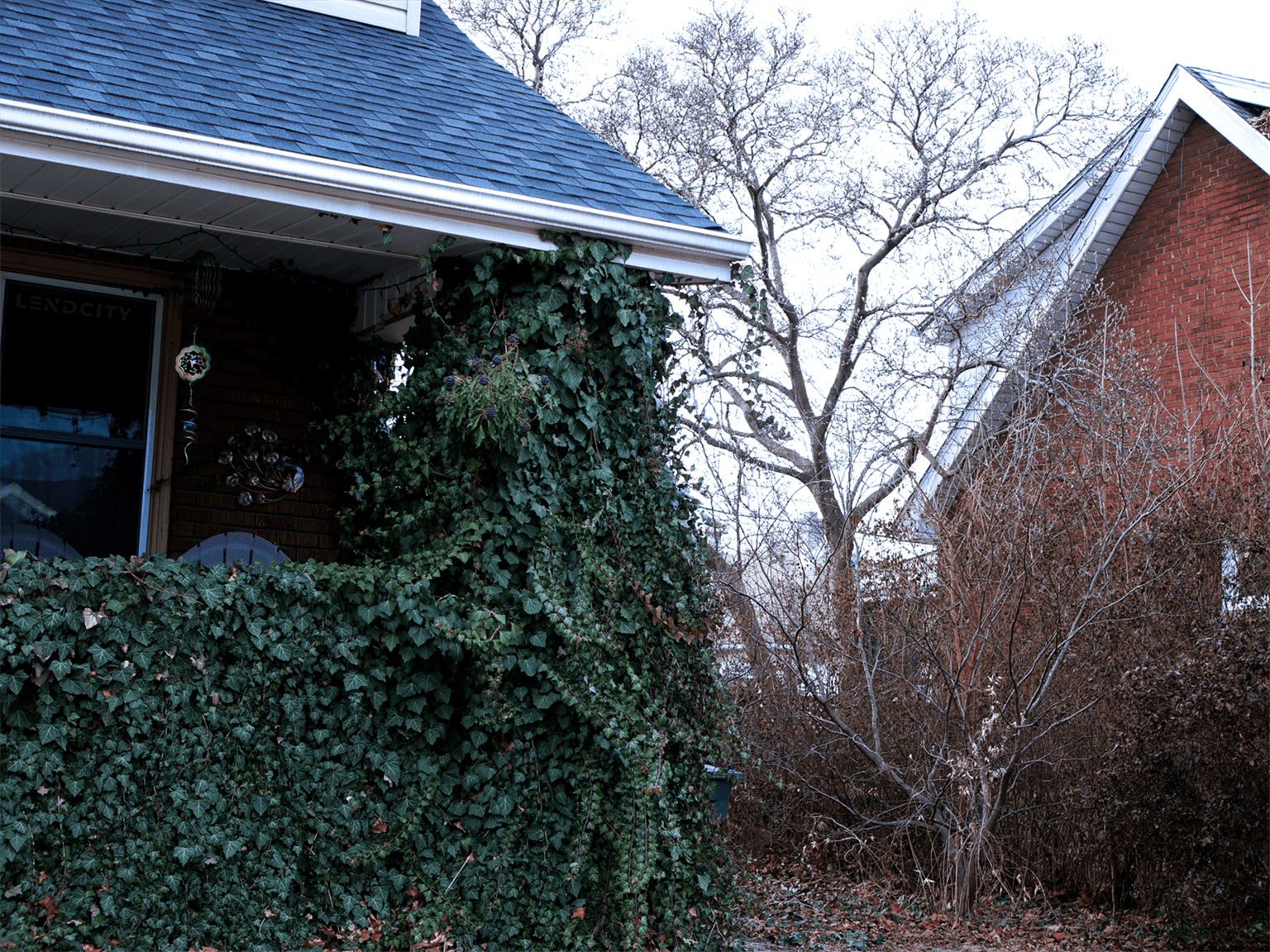Buying a Heritage Home - Important Details You Need to Know in 2023

Real estate investing isn’t as simple as purchasing a property and renting it out. There are a lot of regulations, considerations and special designations you have to consider when you’re looking for homes to purchase.
One of the designations you’ve likely come across in your search for real estate is heritage designation. Investing in a heritage designation offers many potential benefits, but it isn’t for everyone. Consider some of the most significant advantages and drawbacks of buying a heritage home before you pull the trigger on an investment.
However, before we get started, if you would like to learn about how mortgage lenders approach heritage homes, click the link below to book a free strategy call with our team here at LendCity today.
What is a heritage home?
A heritage property receives special designation from municipal, federal or provincial governments. Heritage designation is reserved for properties considered valuable or of interest to a local community. This designation is often given to historic homes that add aesthetic interest, history and charm to a neighbourhood, or some kind of cultural value.
Heritage designation places limitations on property owners regarding the changes that they can make to the home. In many cases, changes and renovations to a heritage property must be approved by a committee to ensure that the intrinsic value of the home is maintained.
Advantages of investing in heritage homes
While it might sound constraining to own a heritage home and not be able to make the changes you want, there are numerous benefits to this concession:
Historic preservation
Buying a heritage home allows you to preserve an important aspect of a neighbourhood's history and culture. Heritage homes often become the focal points of neighbourhoods and cultivate a rich sense of culture in a community. Making this investment allows you to diversify your portfolio with a special property and gives you a sense of value by investing in a home with history and character.
Learning experience
You can learn a lot by purchasing and renting a heritage home. From how to interact with local governing boards, to how to market a home with heritage designation, you will have the opportunity to cultivate unique skills as a property owner and investor you wouldn’t develop anywhere else.
Appeal to prospective renters
Lots of renters are looking for properties with history and character to call home. Renters want to live somewhere unique and charming, just like homebuyers do. By purchasing a heritage home and renting it out, you allow renters to live in a historic home with the flexibility of renting.
Home value
Heritage designation increases the value of the home designated, as well as the value of the homes around it. Investing in a heritage home allows you to secure an asset that is likely to appreciate as time goes by. Heritage designation can also spur development in a neighbourhood which, in turn, leads to rising property values.
Discover How To Develop Real Estate With This Step By Step Guide

Potential drawbacks
Before you jump on the opportunity to own a heritage home, make sure you’re familiar with the limitations you’ll be facing. Knowing what you’re in for will protect you from tying money up in an investment you aren’t ready for or don’t want.
The most significant drawback of investing in a heritage home is the limitations of the heritage designation. You may be limited to certain colour options for the exterior of the home and other changes might require approval by a heritage committee to ensure the history and character of the home is maintained. Because of these limitations, you might not be able to increase the value of the home in the same way you would with a standard fixer-upper. You have to weigh these limitations against the potential increase in value because of heritage designation.
If you do get the green light to fix things up in a historically-accurate way, you’ll likely spend more time and effort getting a heritage home ready to be rented than a standard rental home, or even a fixer-upper. While the result is likely to be worth it, you should be realistic with how much time you have to invest in a home.
In this same realm, newer homes tend to be more predictable when it comes to renovations, updates and improvements. When you invest in a heritage home, you never know what you’re going to find. After many decades of renovations, updates and maintenance from various property owners, it’s likely there are a least a few surprises that will come up when you begin getting the home ready to rent!
Finally, while it can be expensive, these properties require proper heritage home insurance to help protect both you and the property from damages that could ruin the 'historic value' of the home.
Heritage homes make for unique opportunities
Purchasing a home with a heritage designation is similar to purchasing any other home—you have to be willing to put in the work to get a return. If you have the opportunity to invest in a heritage home, it’s a great way to cultivate your skills as an investor and maintain the history and culture of neighbourhoods. As long as you keep an open mind and maintain a willingness to learn, you’ll have a positive experience with an investment in a heritage home. Just know what you’re in for!

So, if you are interested in buying heritage real estate or would like to learn more about financing these properties, click the link below to book a free strategy call today.
